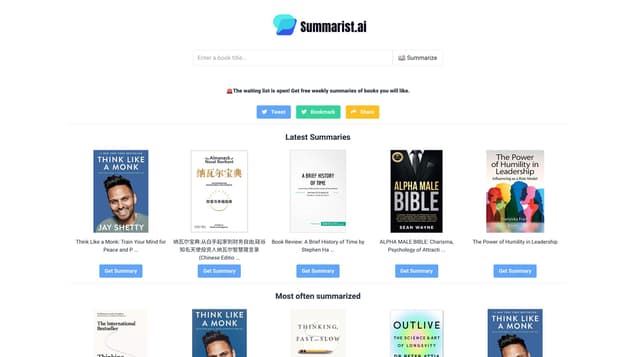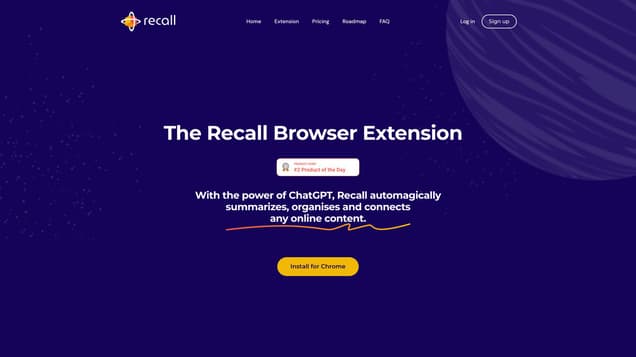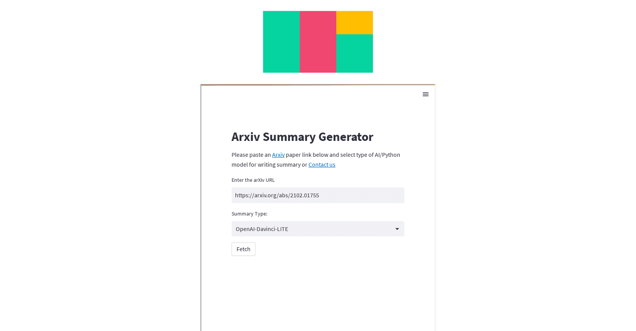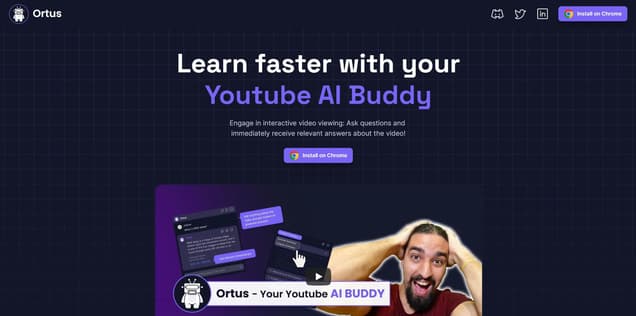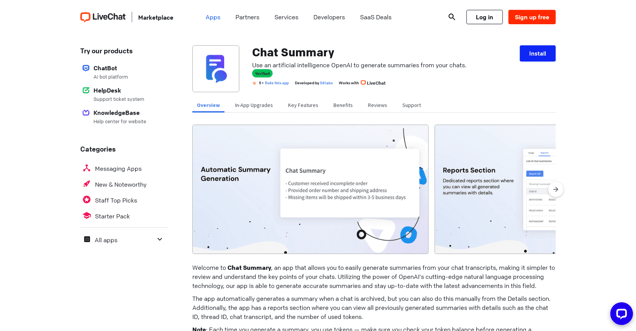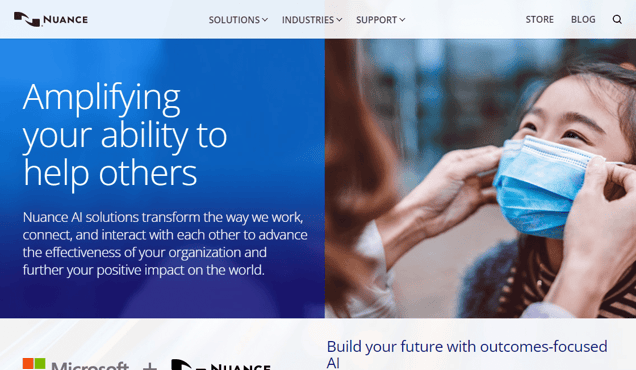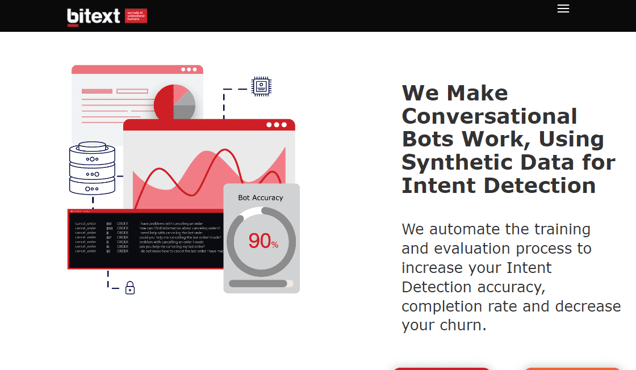
What is Bitext Summarizer?
Bitext Summarizer is an innovative tool developed by Bitext that provides an efficient solution for automatically generating precise and concise summaries of various documents. Powered by Bitext's patented Natural Language Processing (NLP) technology, this advanced tool swiftly analyzes text and extracts the most relevant information. It excels at summarizing lengthy and intricate documents effortlessly, and it even supports multiple languages. The Summarizer boasts user-friendliness and can generate summaries within seconds, making it an ideal choice for businesses, researchers, and students seeking to save time and obtain comprehensive summaries promptly. Moreover, this tool offers customization options, enabling users to tailor the length and content of their summaries to suit their specific requirements. Bitext's Summarizer is the ultimate solution for those in search of a rapid and accurate method to generate summaries.
Information
- Price
- Contact for Pricing
Freework.ai Spotlight
Display Your Achievement: Get Our Custom-Made Badge to Highlight Your Success on Your Website and Attract More Visitors to Your Solution.
Website traffic
- Monthly visits1.51K
- Avg visit duration00:00:58
- Bounce rate78.23%
- Unique users--
- Total pages views2.14K
Access Top 5 countries
Traffic source
Bitext Summarizer FQA
- What services does Bitext offer?

- Where can I find Bitext's training datasets?

- What resources does Bitext provide?

- How can I contact Bitext?

- What is Bitext's privacy policy?

Bitext Summarizer Use Cases
Use case 1: Training Datasets - The Bitext Summarizer can be used to generate training datasets for AI models by summarizing large amounts of text data into concise and informative summaries. This can be useful for training chatbots, virtual assistants, and other AI applications that require a deep understanding of human language.
Use case 2: Linguistic Data - The Bitext Summarizer can be used to extract linguistic data from text, such as part-of-speech tags, named entities, and syntactic structures. This data can be used for various natural language processing tasks, including machine translation, sentiment analysis, and information retrieval.
Use case 3: Chatbot Data - The Bitext Summarizer can be used to generate training data for chatbots by summarizing conversations between humans and chatbots. This can help improve the performance and accuracy of chatbots by providing them with a diverse range of training examples.
Use case 4: Documentation - The Bitext Summarizer can be used to summarize technical documentation, user manuals, and other types of written content. This can make it easier for users to quickly understand the main points and key information without having to read through lengthy documents.
Use case 5: Retail Chatbot - The Bitext Summarizer can be used to summarize product descriptions, customer reviews, and other types of content related to retail products. This can help improve the efficiency and effectiveness of retail chatbots by providing them with concise and informative summaries of product information.


